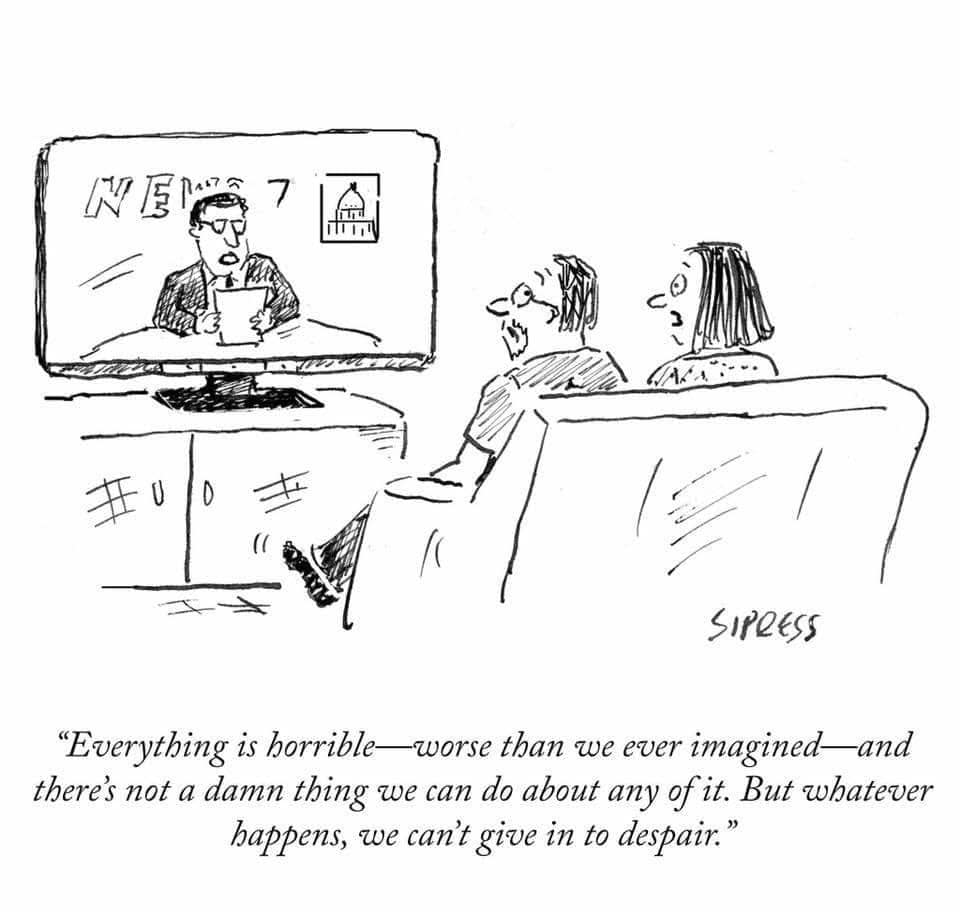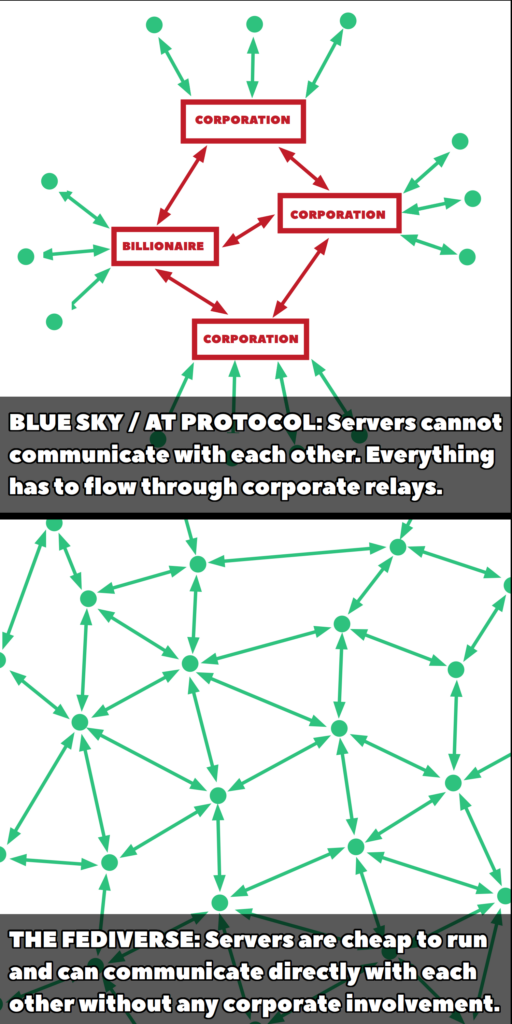The video is bad quality VHS, but worth your time to see a progressive #openweb native capitalism, and to find grounding for post-capitalist with the #OMN project.
Mark S. Miller’s presentation on the Xanadu Hypertext System at George Mason University (GMU) in the early ’90s is good to reference when discussing the #OMN (Open Media Network). The ideas explored then were ahead of their time, but the web ultimately took a worse/better path, a “stupid” #KISS implementation rather than the more idealistic and complex vision of #Xanadu.
Why “Stupid” Wins Over “Perfect”, the lesson is clear:
✅ Nobody agrees on “perfect”, so it never gets built.
✅ “Stupid” solutions work because they let people do their own version.
✅ From diversity comes growth, from growth comes change.
✅ Change is what challenges the current #mainstreaming mess.
This is exactly what the #OMN is doing, taking a simple, “stupid” approach that lets people build their own solutions, rather than arguing endlessly about abstract perfection. Just like the web succeeded by ignoring Xanadu’s “perfect” vision, the #OMN will thrive by avoiding over-engineering and focusing on real-world usability.
With the #Fediverse and the #Openweb, it helps to see the Fediverse as a half-decentralized #openweb project that allows people to communicate across different servers. Unlike centralized platforms, it shifts control back to people and community, but it inherits many of the same flawed assumptions from the #dotcons. Strengths of the Fediverse:
- Decentralization – No single company controls it.
- (Supposed) Privacy – While privacy is valued, it’s ultimately a #4opens project, meaning transparency is the real focus.
- Freedom of Expression – No single authority to censor content, it has community moderation.
- Control Over Data – People can move between servers (to some extent).
- Customization – Communities can shape their own experience.
Where the current #Fediverse falls short
❌ It still copies the #dotcons too much.
❌ It struggles with large-scale collaboration.
❌ It isn’t designed for media or broadcasting.
The Fediverse is a big step in the right direction, but it lacks a strong foundation for alternative media and real working #DIY culture. The #OMN is designed to fill this gap, moving beyond microblogging clones and building real federated media networks.
The key to success in all these paths is leaving capitalism out, one of the biggest reasons the #Openweb worked while Xanadu fizzled is that it didn’t try to “fix” capitalism, it just ignored it. Many well-meaning open projects get stuck because they try to compromise with the existing system rather than building outside of it. This is where the #OMN takes its stand: Not trying to “reform” the #dotcons. Not chasing corporate funding or NGO approval. Building tools that actually work for grassroots communities.
If we take the #4opens and #DIY cultural path, we can create an alternative, something that doesn’t get swallowed by the #mainstreaming like so many past projects. In the end, if we don’t build these spaces, the corporate web will absorb everything. Let’s see the current mess as compost, we can either let it rot uselessly or turn it into the soil for something new. We are empowered to act on this, the choice is ours.
The geek path for tech and social change, was always a diverse view, though always full of the #geekproblem. It’s interesting that this all turned into monopoly capitalism with the #dotcons we have now. The problem is the #geekproblem, we need to do better.
One thing to be aware of is that encryption is largely used to introduce scarcity into natural post scarcity digital paths, in this it is about imposing the old on the new. Encryption as a tool of digital scarcity, a core problem of crypto/blockchain hype – it recreates capitalist control structures rather than abolishing them.






